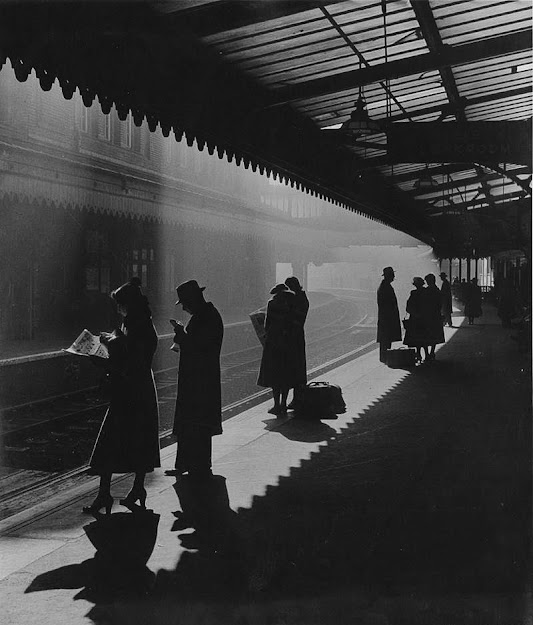Sometime ago I wanted to visit Egypt. The history, tourist sites, heat and fancy foods all attracted. Now, I canny be bothered going anywhere. That said, Egypt, seen here from space, is an interesting phenomenon in many ways. The ancient history, fancy writing, and those huge pyramids let alone the architecture built by pharaoh this and pharaoh that. All worth viewing.
Egypt today is once again run by a dictatorial regime, but can you run such a country any other way? The vast majority of the populace are young, jobs few, conditions not good, and opportunities up and down. What hope for the future outside of history? That appears to be all Egypt produces. There is agriculture, though whether any arrives here in the UK since the absurdity of Brexit I doubt. There is Natural Gas, coal and oil, but the poor do not benefit, as 'trickle down' works in Egypt as well as it works anywhere else. Some very rich Egyptians as well as very poor ones.
Now Islamic, once a powerhouse of Christianity with only vestiges left, and the Coptic Christians, going back many centuries, suffer needless abuse by Islam.
Egypt guards the Suez canal, a wealth creator if ever there was one, and surely one of the most important waterways in the world? We saw recently how one ship blocked the canal for a few days and disrupted China's economy by ding so!
Egypt is a powerful nation in the region, a very large army which keeps itself above the rest. Always ready to take over government when called upon, and even when not called!
Egypt is well worth a guided tour if you can keep the hawkers away.
Tunbridge Wells Train Station. Photographer Neil Nevinson, 1950s.
Why is it that pictures like this, taken in the 1950s can be so simple yet so good? If I try to take this picture it will be very different. OK, the camera and lens will make a difference, but even so the fact that it is dated, black & white, and the outfits also of a differing age all present a view that varies from anything we can capture today.
Adverts ought to have a special rate of tax added to them. The more deceitful they are the higher the tax! Take this one, three flimsy pathetic non foods, add a few pieces of rounded cardboard and wow, something worth looking at! All lies! And apart from what is in the meat, what is the cheese made out off? We will not ask about the bun.
I got an email regarding the Gas today. Like the recent Electric one it was forcing a new tariff upon me, a more expensive one, to save me when costs rise soon, while celebrating costs coming down now. I smell a rat. Indeed I went for the change, is there an alternative? I checked the increases, all the while noting prices are falling yet my costs rise. If the Labour Party was a Labour Party it would be bringing this nonsense to an end, but they will not. It is clear that this Labour Party is for the business word, thon billionaire who started 'Phones4U' (if that is the correct name) is now donating to Labour because they are for business instead of the workers. A true conservative party!
We have been taken over by a right wing coup, big business, often in the USA or Saudi have made use of the mess we are in to force the Farage's upon us, divide the nation, give us Brexit and now Freeports and SEZs. Prices will rise, wages stagnate, more social problems lie ahead under Labour. This may not affect Scotland so much but now we know how the SNP has not got independence in sight, in spite of the latest manifesto. Deviants and weirdo's may be OK under the SNP but independence is far from important. The middle class Scot shows his comfort lies in Westminster.




























